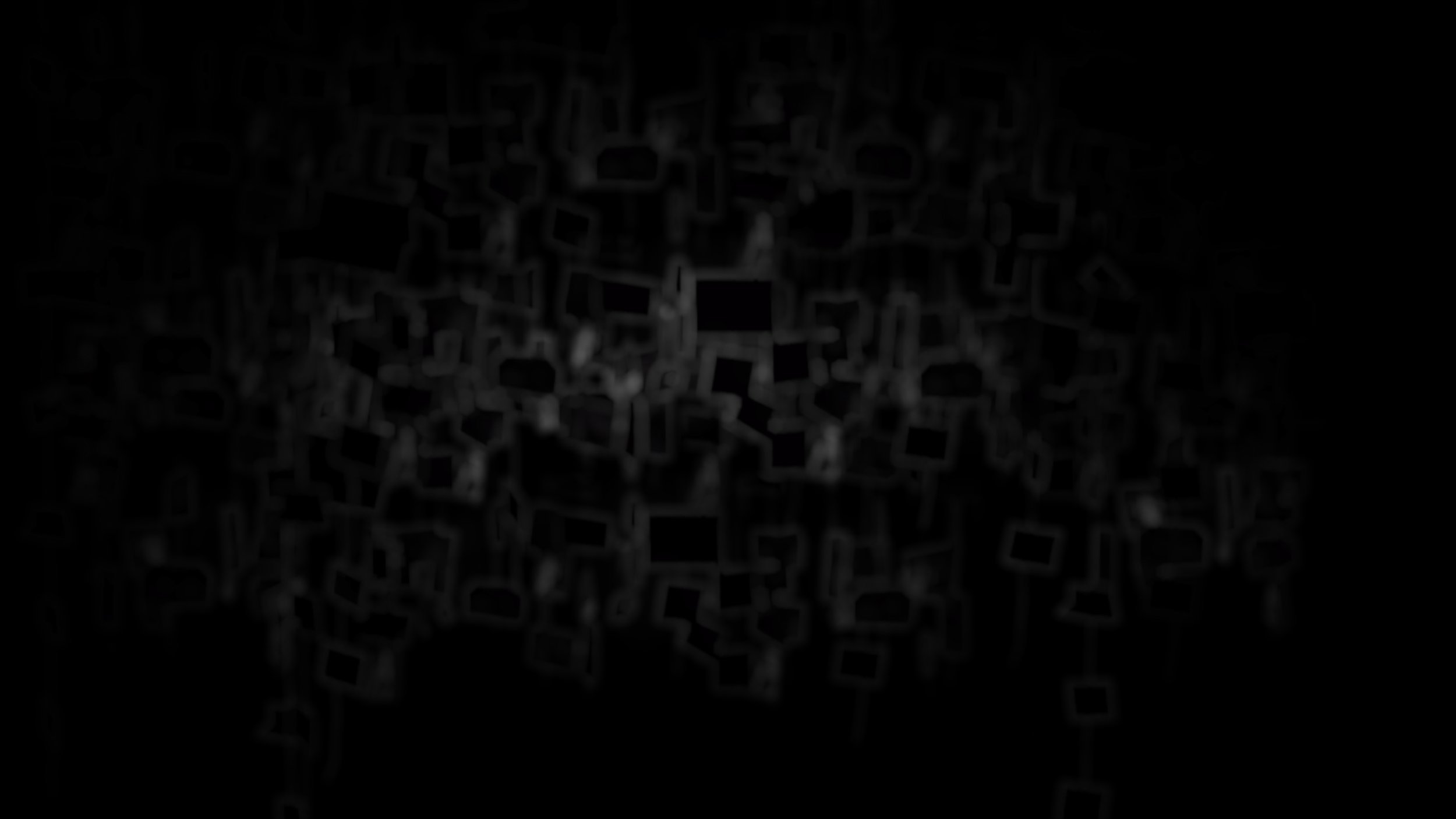
My work is deeply informed by lived experiences as a survivor of childhood trauma and Complex PTSD (C-PTSD). Unlike typical post-traumatic stress disorder, which can arise from a single traumatic event, C-PTSD results from prolonged, repeated trauma in situations where escape is not possible.
I grew up in the Last Frontier, surrounded by danger and plagued by family demons that were summoned by my bootlegging dad. As a kid, I believed our house was haunted—and I still do—but my gangster-turned-pastor father convinced me that the symptoms of PTSD I experienced were the result of a paranormal curse after he sold my soul to the devil. As wild as that sounds, I believed him, and it gave me a lifelong reason to fight to get my soul back. This journey of self-reflection has shaped years of writing and filmmaking.
About my work
My journey into understanding Adverse Childhood Experiences (ACEs) began while producing research documentaries for mental health clinicians in rural Alaska Native villages—the same population impacted by bootleggers like my dad. These experiences mirrored my own, transforming the ghost story I’d been writing into something more profound.
For more than 15 years, I’ve been an award-winning screenwriter, independent filmmaker, and documentary producer based in Alaska.
When the pandemic disrupted my ability to continue making films, I relocated to Denver, Colorado where I finally took a pause after years of chasing my dream. I began researching my diagnosis of Complex PTSD and started writing my debut novel, The Midnight Son, which explores my lived experiences with ACEs and provides a deeply personal perspective on the lasting effects of trauma. It’s a story meant to resonate with fans of horror and crime, while educating about the long-term impacts of childhood adversity.
My mission is to connect what I’ve learned about ACEs with an audience who may not typically seek self-help—resilient tough guys like my dad and brother, whom I watched stoically suffer as they dug their own early graves. Friends lost too young, who masked their fears because they didn’t want to let anyone down. We were exposed to more ACEs than most kids in the U.S. and spent much of our lives haunted by guilt and shame over repercussions of ACEs that were out of our hands when we were kids.
As I prepare my memoir for publication, I have also been producing an episodic docudrama podcast that delves deeply into my journey confronting this lifelong monster. The podcast, Madness of the Midnight Son, combines interviews with family members, decades of home video, and footage from several award-winning short films produced by Crooked Pictures.
You might be surprised to learn that Alaska has some of the highest rates per capita in violent crime, sexual assault, and substance abuse. While the national average of adults who experienced ACEs is higher than most suspect in the lower 48, those of us who grew up in the north were about three times more likely to face early exposure to drugs, alcohol, sex, and violence.
Kids with just two adversities are 150% more likely to struggle with mental health issues, and those with three or more face a 360% increase.
On average, people with six or more adversities die 20 years earlier than their peers. Even though this data has been available for decades, it is still not widely known, and I want to use my story to help change that.
Despite the CDC-Kaiser ACE study being conducted in the late ’90s, most people remain unaware of its findings.
Kids with mentors who make them feel seen and valued are far less likely to fall into these grim statistics. Teachers, coaches, and close friends who recognize a young person’s struggles and encourage them to reach their potential can make all the difference. Yet, in my experience, the kids who need this support the most often come across as the little assholes who seem to deserve it the least.
For punks like us, music, movies, and art have a unique power to make us feel seen when no one else can. These creative outlets allow us to connect with our emotions, which doesn’t always feel safe. They not only help the artist through expression but also allow the audience to feel less alone. I believe we need this now more than ever, and I invite you to follow me on this journey as I release this lifetime of work.
I want to thank the family, friends, and fellow filmmakers who’ve supported me on this path.
Without your encouragement to explore storytelling as a means of healing, I wouldn’t have found my way out of the darkness of grief and isolation.
The scariest thing you can do is face your monster—and through creating deeply personal works, I’ve been able to do that. If you grew up with a monster in your house, chances are you might be living with C-PTSD too. Maybe this story will speak to you.
Some of the films and accolades we’ve garnered through Crooked Pictures are listed on my filmography page and you can find the full anthology of films on Patreon soon.
If you or someone you know might benefit from learning more about ACEs or C-PTSD, please visit our resources page for helpful links.
Let the adventure begin!
~ Levi A. Taylor
Artistic Director & Executive Producer
Crooked Pictures

Contact
Crooked Pictures
Interested in contributing to the conversation?
I am actively looking for guests to come on the podcast and weigh in on both the clinical as well as the paranormal subjects explored.
If you think you would be a good fit for our show, I would love to hear from you!
Are you a publicist or interested in helping me distribute my novel, audio book, or podcast? Please reach out to discuss the scope of this amazing anthology!







